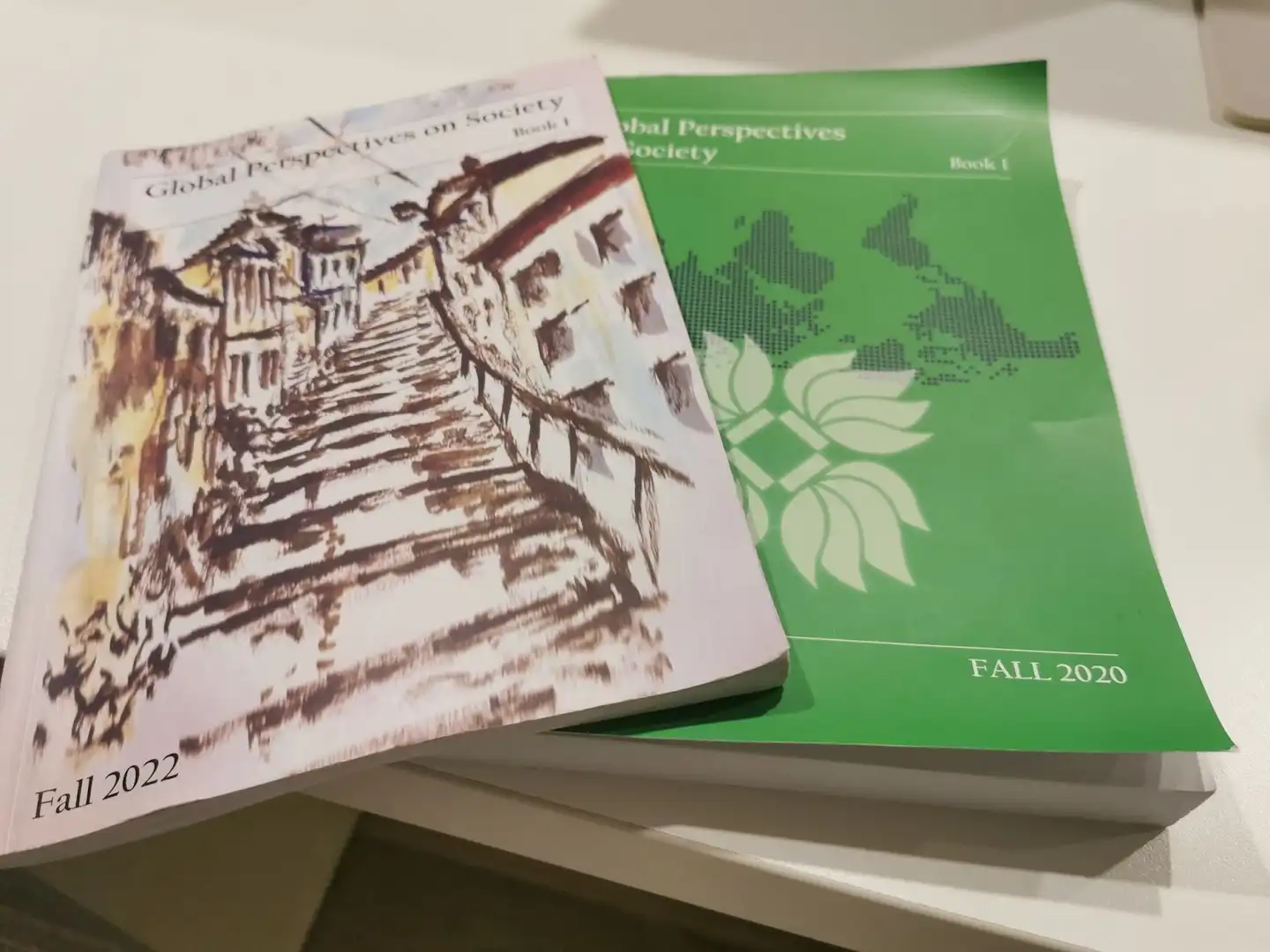Demystifying GPS
Global Perspectives on Society: The way is troubling, but the future is bright.

When we are introducing NYU Shanghai to students in other universities, Global Perspectives on Society courses can almost be considered a symbol for the school. Every freshman struggles through reading, understanding and writing essays.
Students indeed have a lot to say about GPS. Courses are taught lecture style, each with hundreds of students sitting in the auditorium. Though the professors emphasize that mobile devices are not allowed, it is still very common to see students texting in class. Some students argue that the learning efficiency in the auditorium is very limited, and that it is hard for them to focus in such a crowded space. The articles are a bit hard to understand without certain background knowledge and students, especially those whose mother language is not English, seek help from translating the text. There are also voices saying that GPS is “not global,” as the articles covered in the course mainly come from North America, Western Europe, and China.
In my interview with our provost, Professor Joanna Waley-Cohen, we discussed the issues with the course. From the perspective of professors, she thought that indeed, a 14-week course could not cover every aspect considered “global,” as GPS was originally created as a year-long course. She mentioned, “we are NOT trying to create a balance, but to present some of the most important ideas that are really significant in the world.” The professors intended to make the text difficult for everyone so that students could make efforts to understand the “great ideas that have affected humankind for centuries and centuries.” Also, when it came to the criticisms of having students gathered together in the auditorium, Professor Joanna Waley-Cohen’s attitude was very firm. She thought having every freshman together in person was vital: “GPS courses have a purpose of uniting.”
When I first got the textbook, I thought I would not be afraid of the readings, for I just experienced “the hardest English exam in China,”- the Shanghai English Gaokao. But after going through a few articles, I became puzzled; especially when reading about Kant and Hobbes. Eventually, I turned to the Chinese version. Unfortunately, I was not good at philosophy and could not understand the meanings even in Chinese. However, after attending the lecture, I was finally able to grasp the main ideas and solidified my understanding after the recitation. This experience shifted my view on GPS: I still can not say I like GPS, but I learned from it.
Freshmen will continue struggling with GPS. I think that it would be better for us to gain a new perspective on this course. A line from the musical Mozart says: “Der einfache Weg ist immer verkehrt”, a road without twists and turns will lead to failure. Professor Waley-Cohen said that it is okay to find references in our mother language, but it is still us who will try to make efforts to understand the great minds. GPS is a one semester course and if you choose to muddle through it, it will not negatively impact your GPA. However, you will lose the opportunity to familiarize yourself with the great minds and significant ideas, especially if your major is unrelated to the social sciences or humanities. This is a rare chance to be exposed to them.
People often question liberal education: What is the purpose of learning a subject that you may never encounter again? My thinking is that liberal education makes a full person: a scientist with humanity concerns, a scholar with a rational mind. After abandoning my bias, I discovered that GPS serves as a messenger for conveying humanity to us. Everyone from my grade is sitting in the same room. We share the same experience, yet we return back with various viewpoints. As Professor Waley-Cohen said, “I think many classes, especially this one, when at the beginning when everyone says, “This is so difficult! I don’t know what to do.” But slowly they get their ideas and we can see that through class responses, the qualities of the answers are changing every week. You can see people are understanding better than the beginning, and they get the ideas of the article.” For people coming from different cultural or educational backgrounds, gaining the same learning experience and being educated together becomes a unique experience.
I wanted to talk about what Professor Joanna Waley-Cohen and I think can be done to improve future GPS courses. She thinks that in the future, different professors will have the chance to teach these courses, and that will make it more diverse. From my perspective as a student, it would be better if the course can provide more background information for students. There are some really good video clips from Youtube and Bilibili, which can be used to guide the students’ understanding. After all, it is nicer for GPS courses to ride the trend of liberal education.